You may know better than to say something on social media that might have negative consequences for you or your business, but you can’t control every employee’s actions. This is one of the many reasons why it is vital to have a crisis communications strategy in place.
“Navigating social media and the public can be tricky. A single negative post concerning even a well-established company can go viral in an instant.” – Majorie Comer, Axia Public Relations (8 October, 2015)
#27Dinner was one of the Top 5 trending topics in South Africa on 31 October, which is common when the 27Dinner events take place. The popular forum is held for public relations, marketing, and social media professionals to discuss topics in the public communications space. The most recent theme centered around Crisis Communication on social media, and the impact this has on a brand’s reputation – an increasingly relevant topic in the digital world.

The event was hosted by The Gordon Institute of Business Science in Johannesburg, where Mike Stopforth and Mike Oelschig from Cerebra, as well as Elena Protulis from Aqua Online and Kelvin Jonck from YouKnow, shed some light on the repercussions of online negativity.
There are three main types of crises that can affect a business:
- Employee (staff error)
- Marketing (messaging error)
- Business (operational error)
Mike Oelschig, Head of Advisory and Insights at Cerebra, shared some frightening statistics on how ill-equipt South African companies are for navigating social crises. But according to Mike, most crises can be avoided if there is a comprehensive plan in place. Of course, certain instances cannot be evaded, however, companies can ensure that they have the right plans in place to mitigate the severity of an incident. Often companies turn to social media agencies for assistance only once a crisis has happened, but by then it’s often too late. According to a survey done by Cerebra, 58% of businesses that experienced a crisis said that the impact was critical. Being able to identify potential crises before they happen and knowing how to diffuse them is simply essential for brands today.
Elena heads up social media and content at Aqua Online and spoke about her experiences of assisting brands through crisis comms management. She highlighted that most crises happen when you least expect them, which typically results in panic, often from the highest levels of business. It’s for this reason, that collaboration between the client, PR company and social media agency is essential for swift recovery. Resourcing to make sure you have the right team together is key. Gathering all stakeholders in a war room works best to ensure that there is ongoing communication amongst everyone involved. Elena’s advice for steering the operation and remaining in control is to keep it tight, keep it aligned and keep it real time. But in order to resolve a problem, we first need to understand it.
Kelvin is an expert in analysing online conversation and has experience with numerous online listening tools. These tools give online reputation management analysts the ability to give context to the situation based on what people are talking about. Not only do these tools give insight into sentiment (positive, neutral and negative) based on what is being said online, but common themes in conversation can be identified, which will inform next steps. It is only through this understanding that a situation can be resolved.
That’s all good and well, but what are some real examples that have had massive impacts on a brand’s reputation and bottom line?
Operational Error
The Volkswagen emissions scandal is a well-known case that was spread far and wide thanks to online conversation. Individuals spread the news via social media channels, which resulted in a drastic increase in mentions on Twitter and had a negative impact on the brand’s stock price. “There were more than 53k tweets about Volkswagen on September 18. Since that was a Friday, news stayed fairly quiet over the weekend, and then exploded on Monday, September 21, generating more than 1.3 million tweets over the next week and averaging more than 8,000 new tweets per hour about the news. At that same time, Volkswagen’s stock price dropped from a high of 169 to a low of 95. As the tweets increased, the stock price decreased.” – Sarah Parker, Union Metrics Blog (30 October 2015)
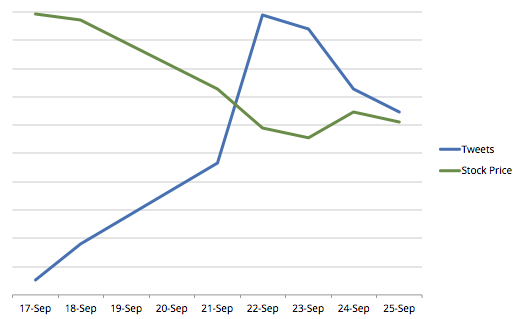
Messaging Error
 Content posted by a brand can also result in negativity. In 2015, Bic published an update in an effort to celebrate Women’s Day, which caused a stir from social media users. The community felt that the wording of the post was sexist and resulted in an influx of negative mentions for the brand as individuals took to social networks to voice their disgust.
Content posted by a brand can also result in negativity. In 2015, Bic published an update in an effort to celebrate Women’s Day, which caused a stir from social media users. The community felt that the wording of the post was sexist and resulted in an influx of negative mentions for the brand as individuals took to social networks to voice their disgust.
This is not the only instance of a faux pas in using the wrong wording. Telkom and Absa have also mistakenly used phrases that led to negativity from their followers.
Employee Error
Employees’ personal online activity is also a large potential for a reputational nightmare. For example, if you recall the incident where dentist Walter James Palmer killed Cecil the lion – the story made international news. The practice he worked for, River Bluff Dental, suffered massive damage to it’s reputation, ultimately resulting in the company closing it’s doors after people across the world flooded social media with negativity. More locally, the incident of Penny Sparrow‘s racial slurs sparked nationwide outrage and led to the public vowing to boycott Jawitz Property .
“You have to train [your employees] on how social works in the real world and on the many, many reputational and other – even legal – risks involved.” – Tiffany Markman, BizCommunity (4 January, 2016)
The digital world has radically reduced the level of control brands have over public perception. Disgruntled individuals can quite easily trigger engagement from their followers and generate negativity for any organisation. Adopting a mob mentality is common in these instances, often without applying critical thinking before adding to the conversion. And so, more than ever, brands need to be equipt to deal with any unfavourable situation so as to avoid long-lasting consequences.
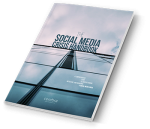 As Africa’s social business authority, Cerebra has developed a significant, practical and valuable handbook on crisis comms to better equip organisations to handle reputational disasters. The Social Media Crisis Handbook is a comprehensive guide to understanding, mitigating and managing the process, based on 10 years of strategic insights from working with reputable brands.
As Africa’s social business authority, Cerebra has developed a significant, practical and valuable handbook on crisis comms to better equip organisations to handle reputational disasters. The Social Media Crisis Handbook is a comprehensive guide to understanding, mitigating and managing the process, based on 10 years of strategic insights from working with reputable brands.

As a valued reader who obviously has a keen interest in the topic, by using the coupon code danielb you will get $100 off the book! Simply visit The Social Media Crisis Handbook webpage and input the coupon after clicking the Buy Now button. If you’d like more information, feel free to contact Cerebra at info@cerebra.co.za or give them a call at 087 985 0853.
The consequences of not having a crisis comms strategy in place cannot be ignored. Social media isn’t going away anytime soon and it’s up to organisations to ensure that all bases are covered should a crisis arise. Similarly, it is an agency’s duty to be equipt to avoid, where possible, and handle crises and to educate clients on the ramifications of not having a comprehensive crisis management strategy in place.
 For more information about 27Dinner, follow the account on Twitter. If you’d like to attend the next discussion, contact info@cerebra.co.za and request to be added to the mailing list.
For more information about 27Dinner, follow the account on Twitter. If you’d like to attend the next discussion, contact info@cerebra.co.za and request to be added to the mailing list.
 For more information on Cerebra, visit the website or follow them on the various social network channels.
For more information on Cerebra, visit the website or follow them on the various social network channels.
References & Additional Reading:
- The implosion of a brand: A Twitter timeline of the Volkswagen emissions scandal – Union Metrics Blog
- What can happen when you make an offensive Facebook post – MyBroadband
- Jenny Sparrow: the bird that pooped on Jawitz Properties – BizCommunity
- How the wisdom of the crowd can turn into social media mob rule – The Conversation
- Telkom not homophobic or promoting porn – MyBroadband
- Coudjoe Amankwaa’s tweets spark rage – The Citizen
- Race storm goes viral – The Star
- What brands taught us on Women’s Day – eNCA
- How the internet descended on the man who killed Cecil the lion – BBC
- What the death of Cecil the lion tells us about social media – The Media Online
- 8 lessons learned from the mob mentality of social media – Axia Public Relations
- #DataMustFall, warns Tbo Touch – eNCA
- BlackBerry Creative Director Alicia Keys tweets from iPhone, pins blame on hackers – The Verge
- 6 Examples of Social Media Crises: What can we learn? – Our Social Times
- 11 examples of bad social media crisis management – Rally Engine
- The Social Media Crisis Handbook webpage – Cerebra







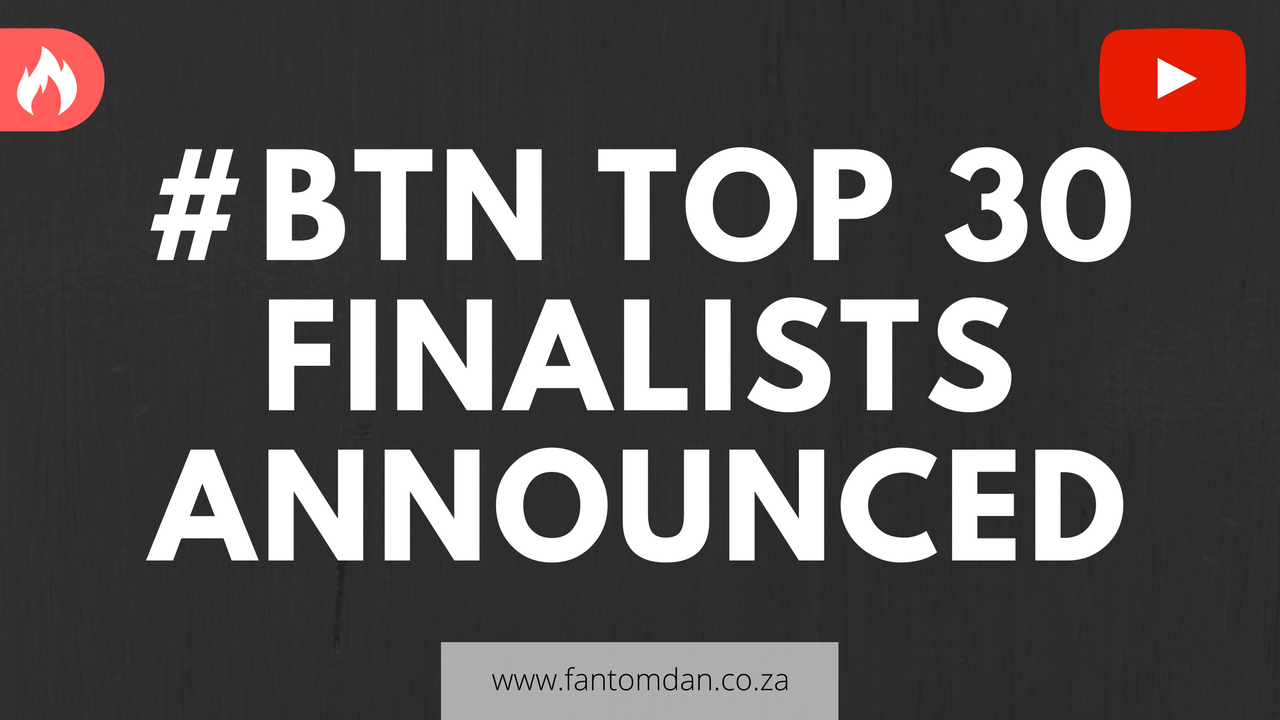

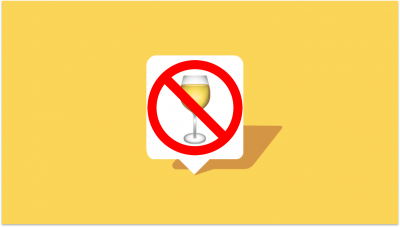
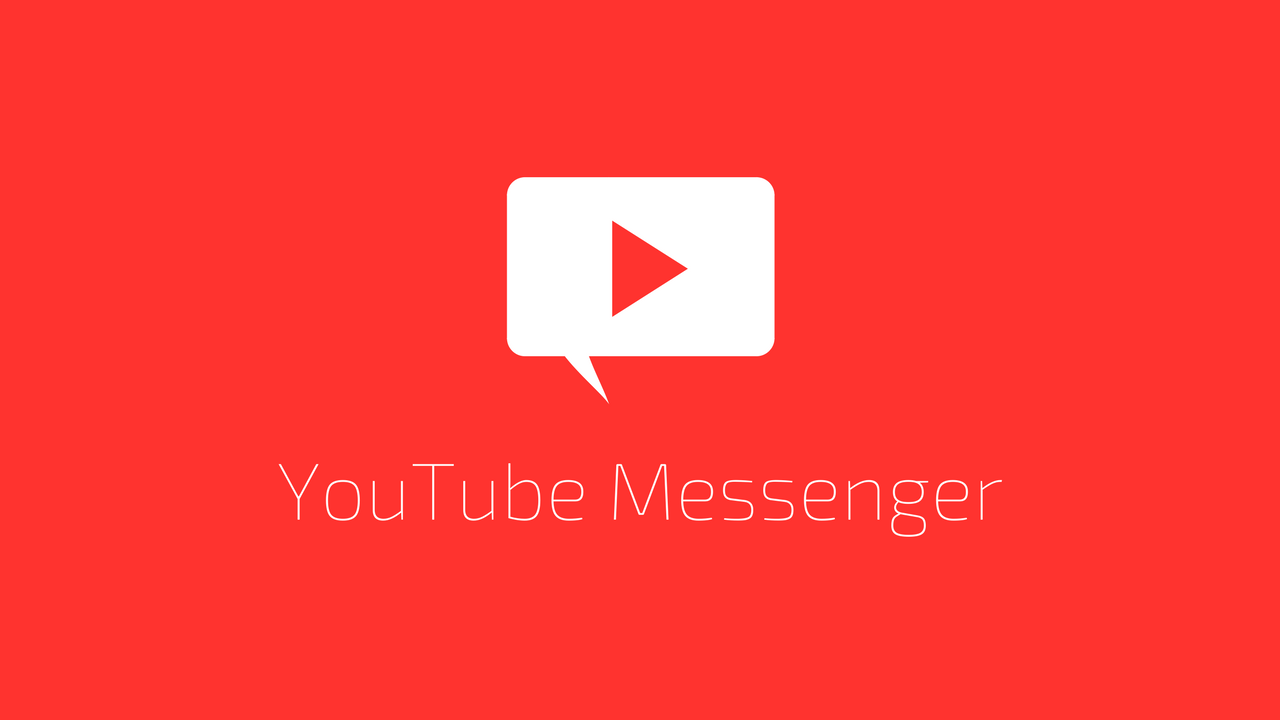
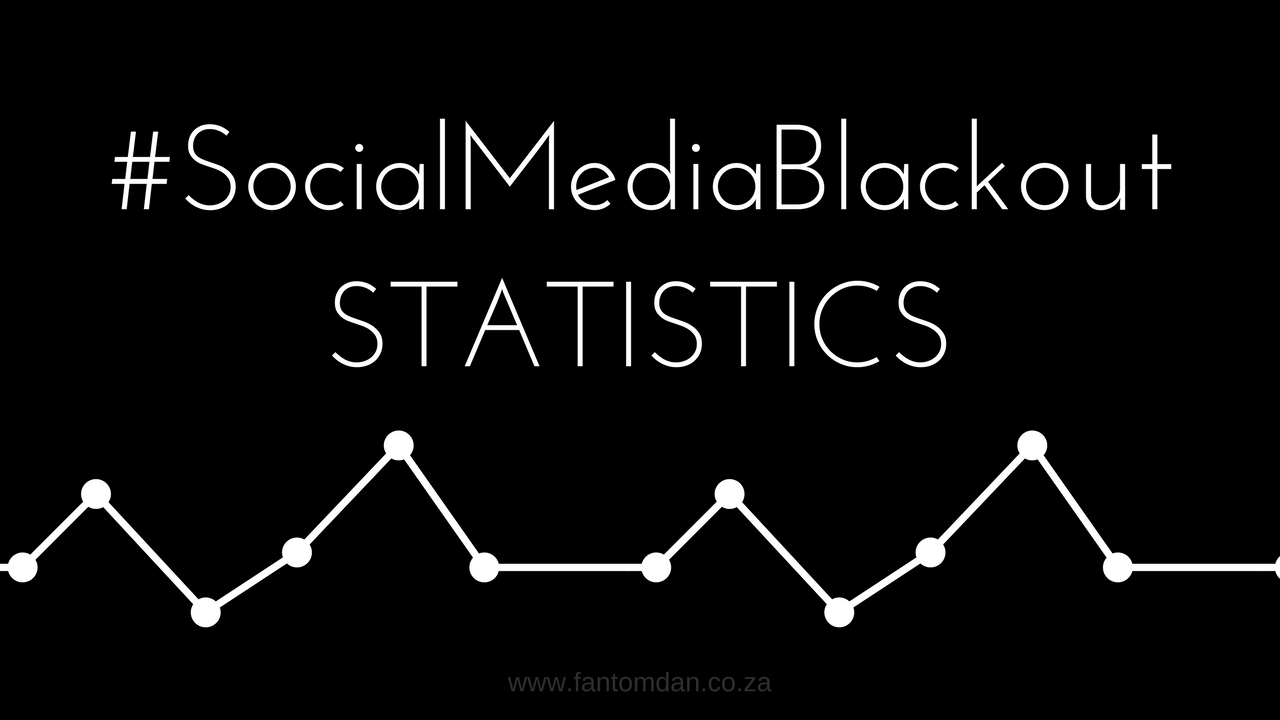
Pingback: Gareth Cliff Spiked Mara Louw's Drink and Got Her Fired from Idols SA
Pingback: A Cringeworthy Response to the Closure of 'The Dome' | Fantomdan